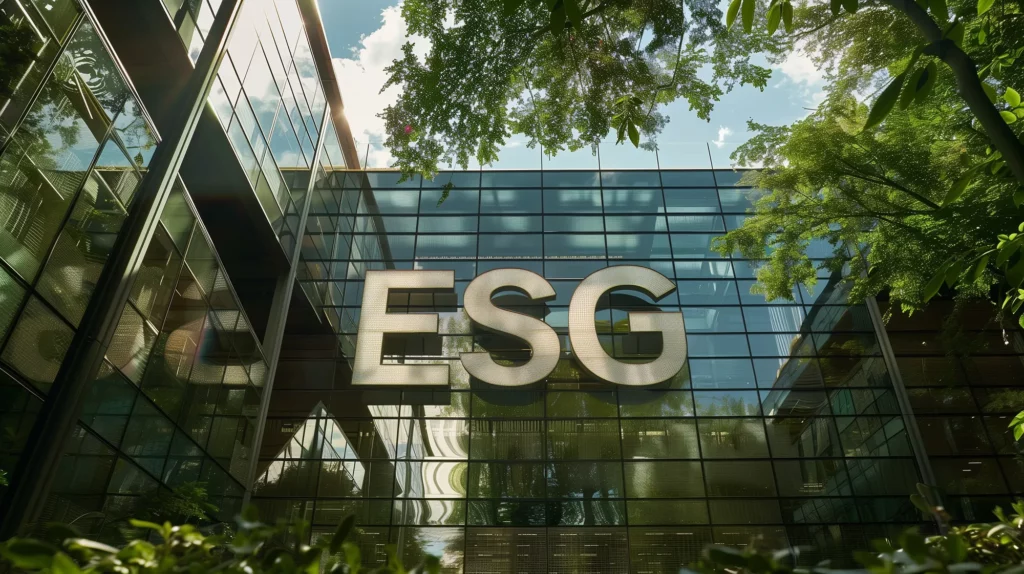Importance of ESG in Real Estate
In today’s rapidly evolving landscape, incorporating Environmental, Social, and Governance (ESG) principles into construction and real estate projects has become an essential practice. Driven by the need for sustainable development, regulatory requirements, and investor and consumer demand for responsible corporate behavior, ESG initiatives are shaping the industry.
At Renatus Ventures, we understand the critical importance of integrating ESG principles at every stage of the project lifecycle, from planning and design to construction and operation. Our commitment to ESG ensures that we create spaces that not only meet functional needs but also contribute positively to the environment, society, and ethical governance.
Sustainable Real Estate Development
Site Selection and Planning:
- Sustainable Site Selection: Prioritize locations with minimal environmental impact, favoring brownfield sites and repurposing previously developed areas.
- Environmental Impact Assessment: Thorough assessments are conducted to understand and mitigate impacts on local ecosystems and biodiversity.
- Climate Resilience Planning: Designs consider future climate risks, ensuring resilience against flooding, extreme weather, and other potential threats.
Design and Construction:
- Energy Efficiency: Incorporate energy-efficient designs, such as passive solar strategies, battery storage, and high-performance insulation.
- Renewable Energy: Integrate renewable energy sources like solar panels, wind turbines, geothermal systems, and onsite electrical production from natural gas.
- Water Conservation: Water-saving fixtures, rainwater harvesting systems, and greywater recycling are implemented to minimize water consumption.
- Sustainable Materials: Prioritize the use of sustainable building materials, including recycled or locally sourced options, and ensure responsible sourcing practices.
Operation and Maintenance:
- Energy Management Systems: Advanced systems are installed to monitor and manage energy consumption, ensuring efficient operations.


Incorporating Social Initiatives
Community Engagement:
- Social Impact Assessments: Conduct assessments to evaluate and mitigate potential social impacts, ensuring benefits like job creation and local economic growth.
Design and Construction:
- Inclusive Design: Designs accommodate diverse needs, including accessibility for people with disabilities.
- Health and Safety: Prioritize health and safety standards for workers during construction and for future occupants.
- Local Employment: Hire locally where possible and invest in training programs to build local skills and support communities.
Regulatory Frameworks for Real Estate ESG
Corporate Governance:
- Ethical Standards: Maintain robust ethical standards and ensure compliance with all regulations and laws.
- Transparency: Decision-making processes and project management practices are transparent, fostering trust and accountability.
Supply Chain Management:
- Sustainable Procurement: Ensure that suppliers and contractors adhere to ESG standards, including labor practices, environmental policies, and ethical governance.


At Renatus Ventures, we are committed to driving positive change through our ESG initiatives in construction and real estate. Join us in creating a more sustainable, equitable, and ethically responsible future for our industry. Start a conversation with us today.

